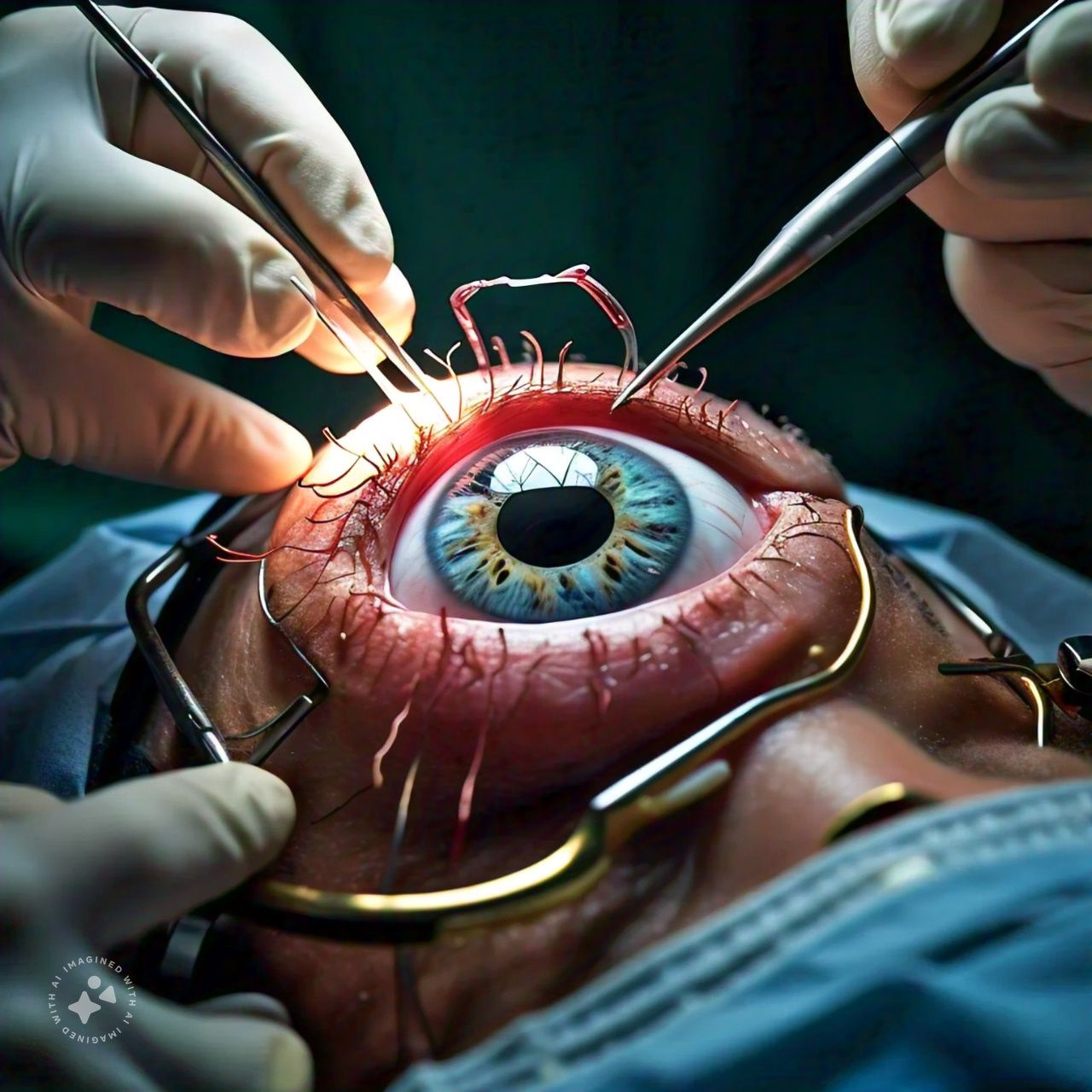
You can change your eye color, but you might lose your vision.
Written by: Alejandra Legarda - Journalist
There are people who have always wanted to change their eye color, and to achieve this, there are several surgical procedures available. However, all of these procedures carry significant risks, including the potential for vision loss. Among the most common procedures are iris implants and keratopigmentation (corneal tattooing).
Iris implants involve the insertion of an artificial iris into the eye through a small incision in the cornea. Originally developed to treat medical conditions such as aniridia (absence of the iris), the use of this procedure for cosmetic purposes has raised concerns due to the associated risks. These risks include glaucoma, cataracts, increased intraocular pressure, iris inflammation, and in extreme cases, blindness.
CONTENIDO RELACIONADO
Keratopigmentation, also known as corneal tattooing, is a procedure that uses a laser to create a channel in the cornea, where a pigment is injected to change the eye color. This method can cause corneal damage, such as opacity, fluid leakage, infections, inflammatory reactions, and vision loss. Additionally, the pigment can leak or be unevenly distributed, leading to aesthetically unsatisfactory results.
Ophthalmology experts, including those from the American Academy of Ophthalmology (AAO), have issued warnings against these procedures, especially since they are not FDA-approved for cosmetic purposes. Despite their growing popularity on social media, the risks involved make many professionals recommend safer alternatives, such as using colored contact lenses.
Although changing eye color through surgery is technically possible, the potential complications, including permanent vision loss, make these procedures extremely risky and not advisable for cosmetic purposes.










DEJE UN COMENTARIO: